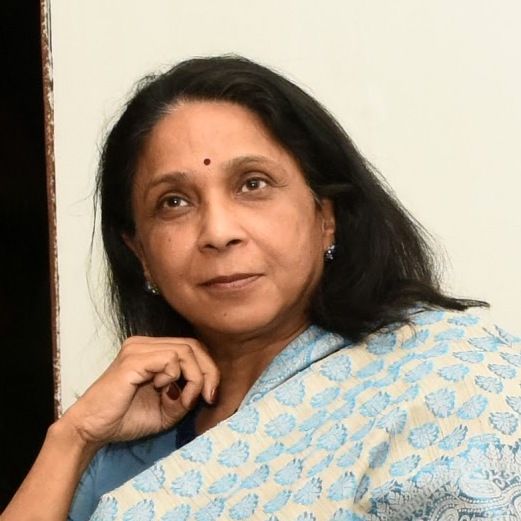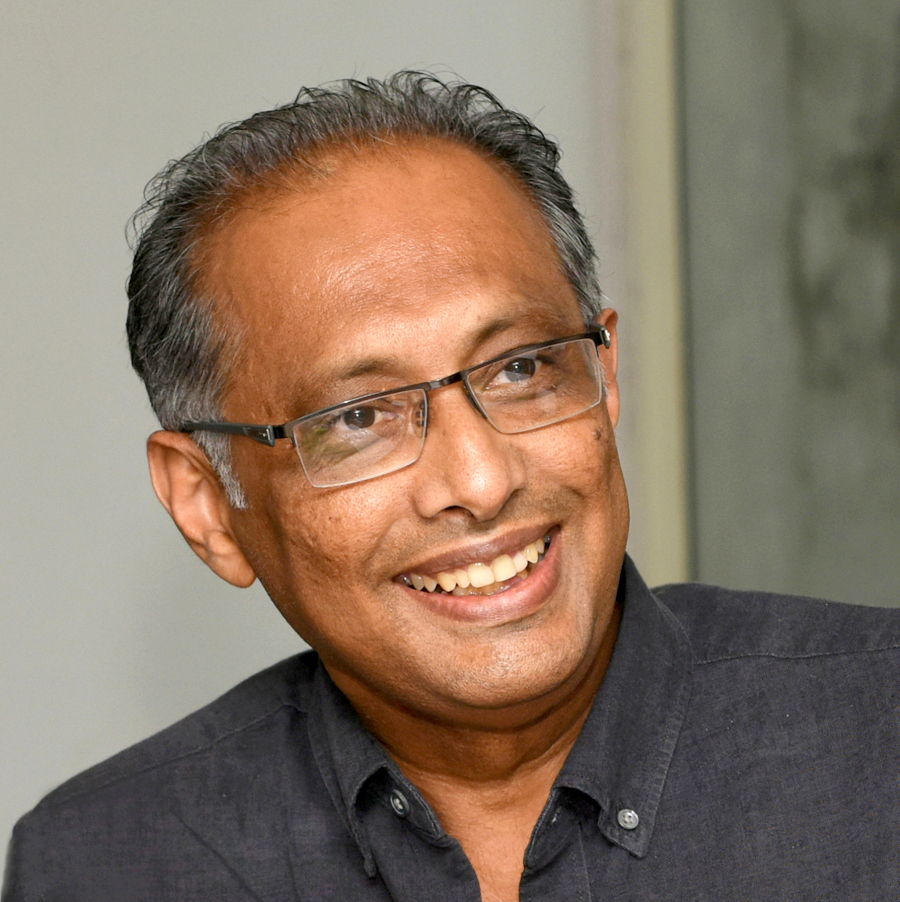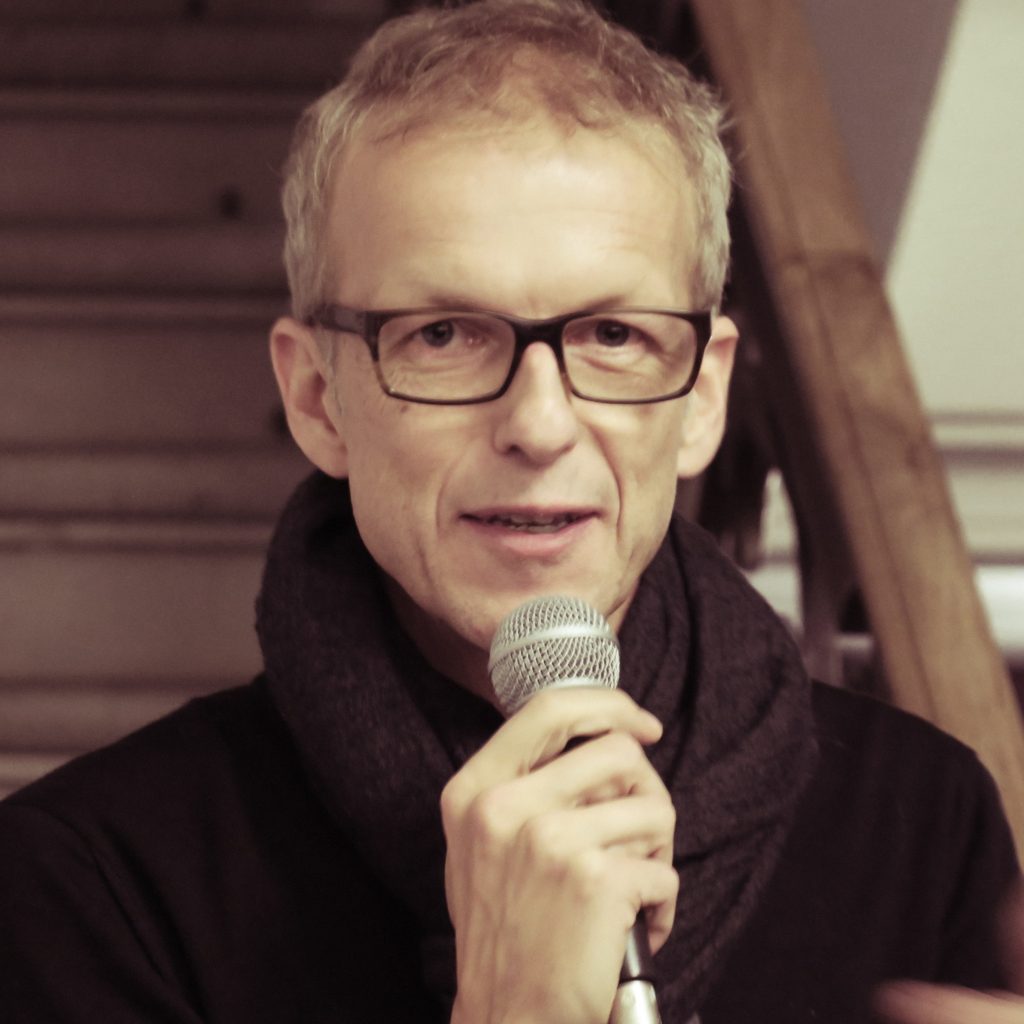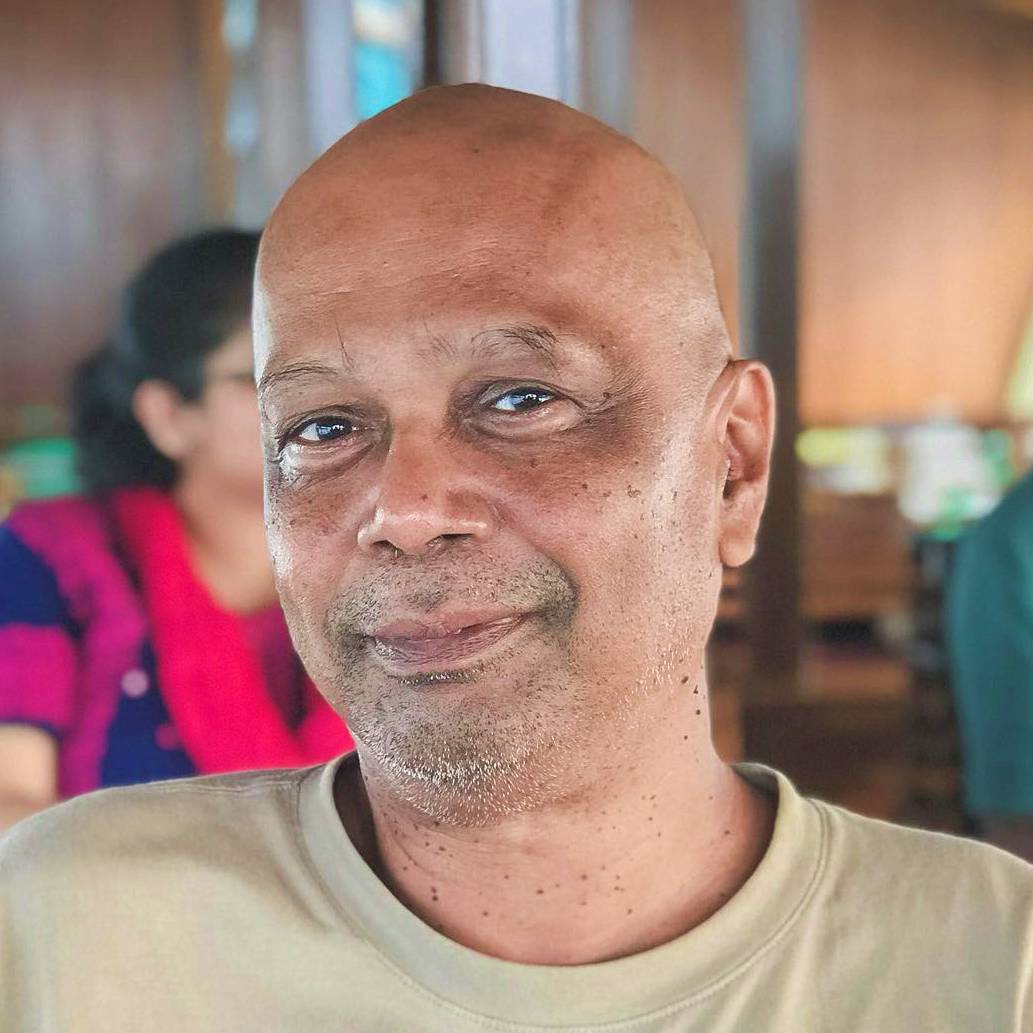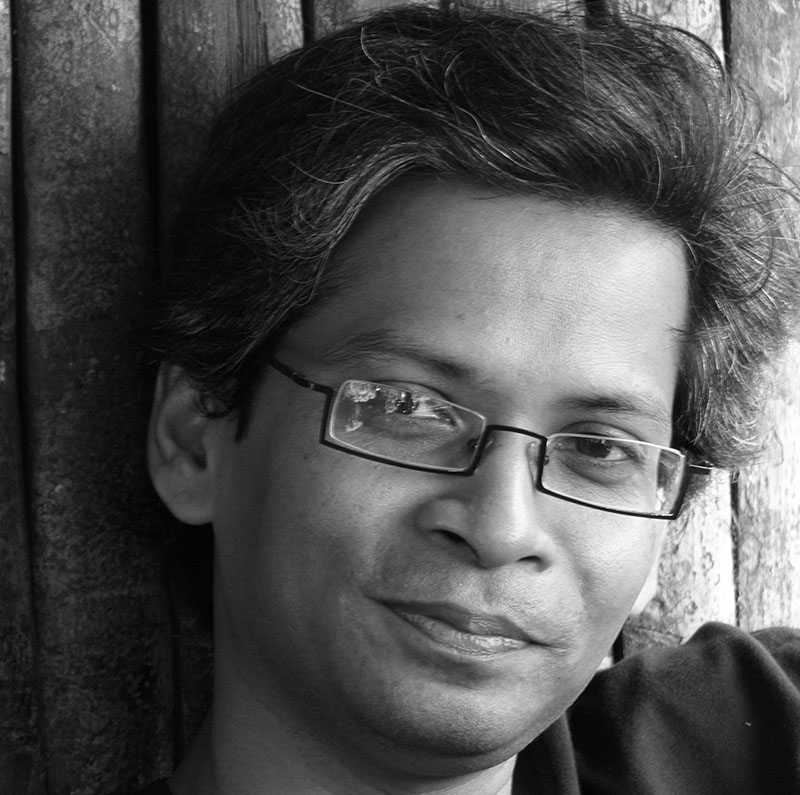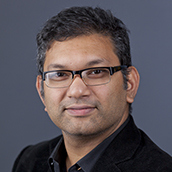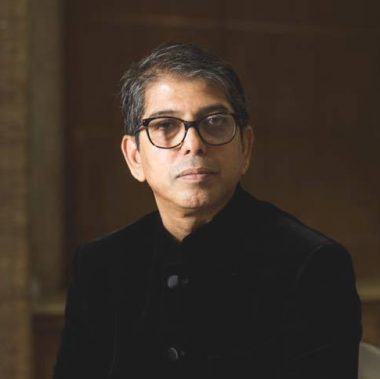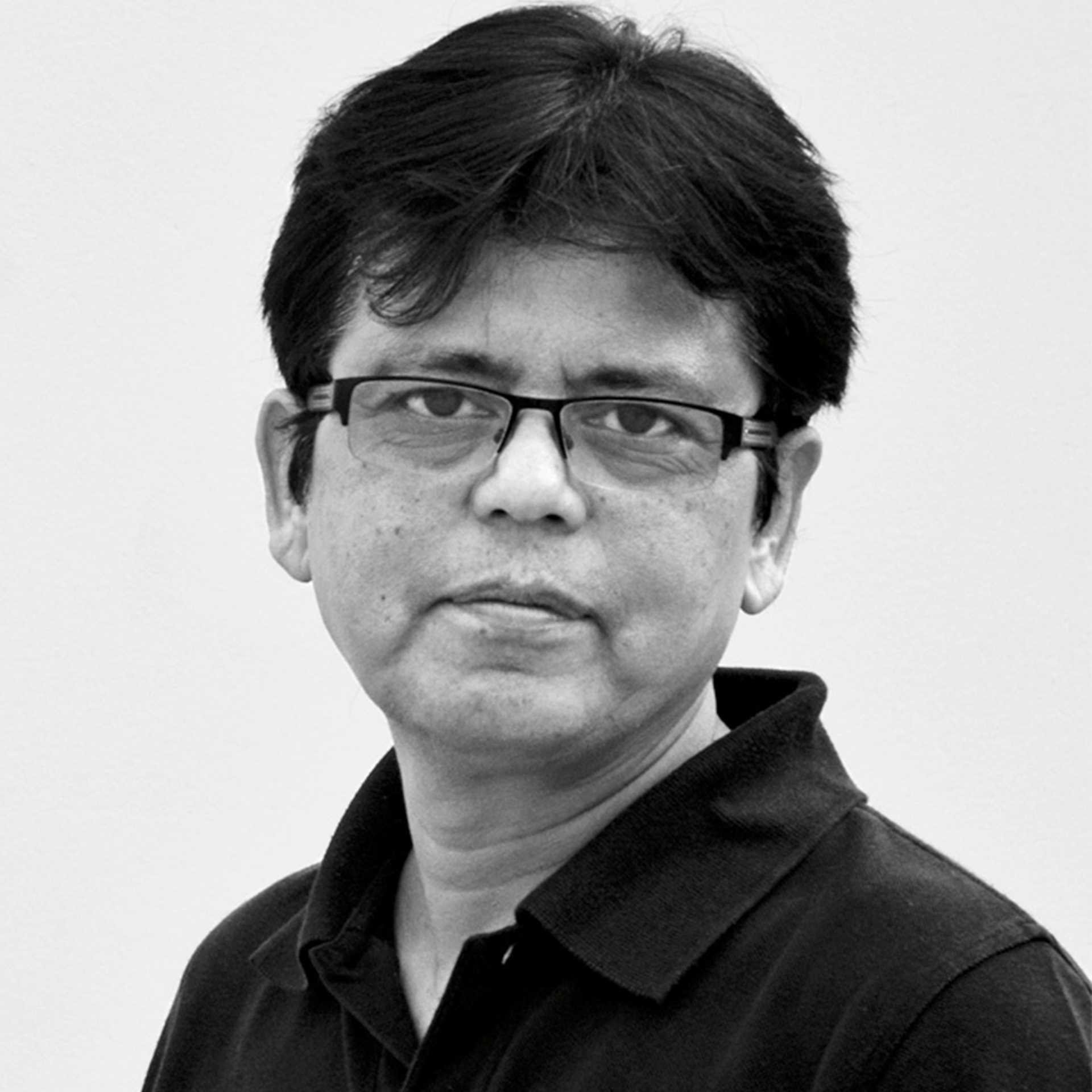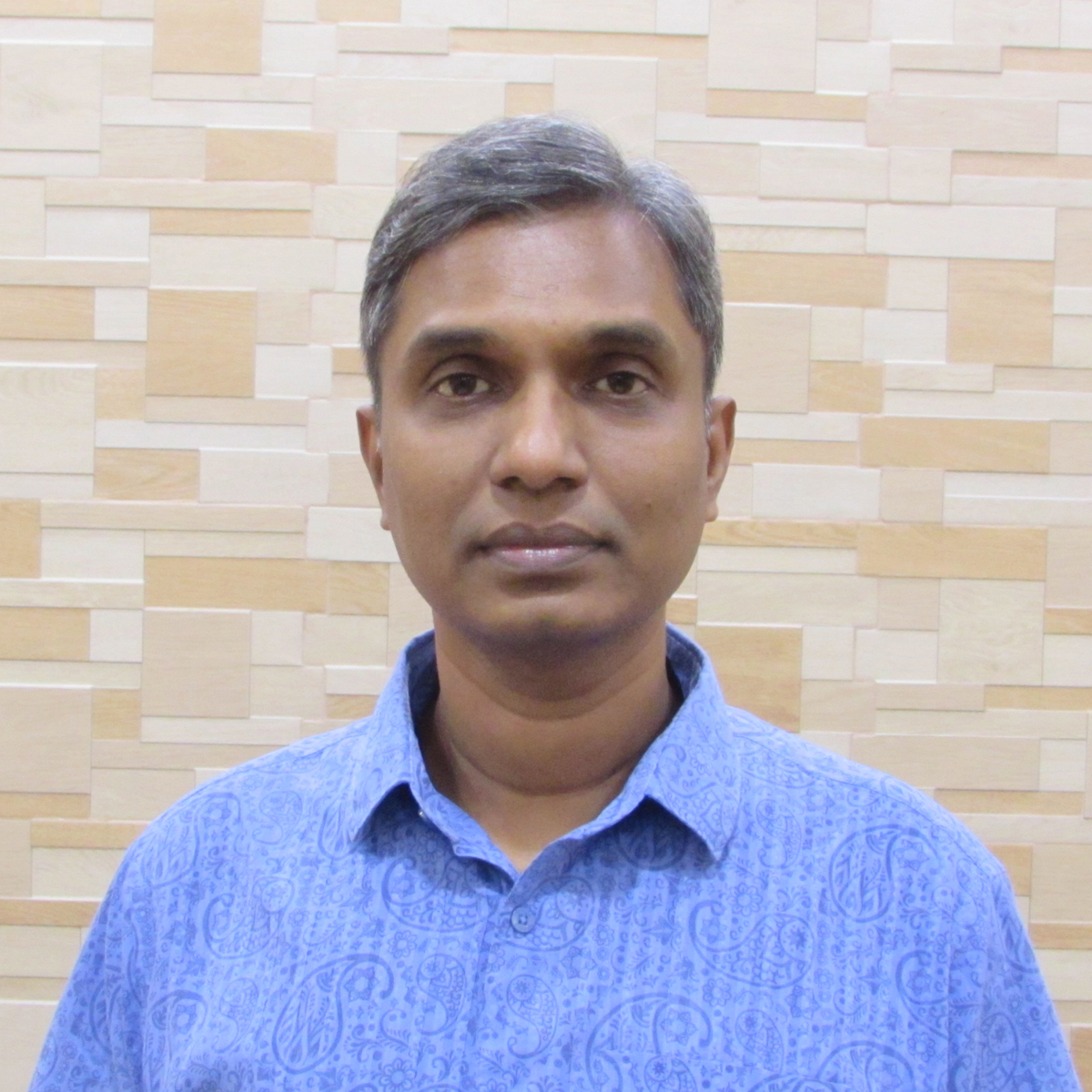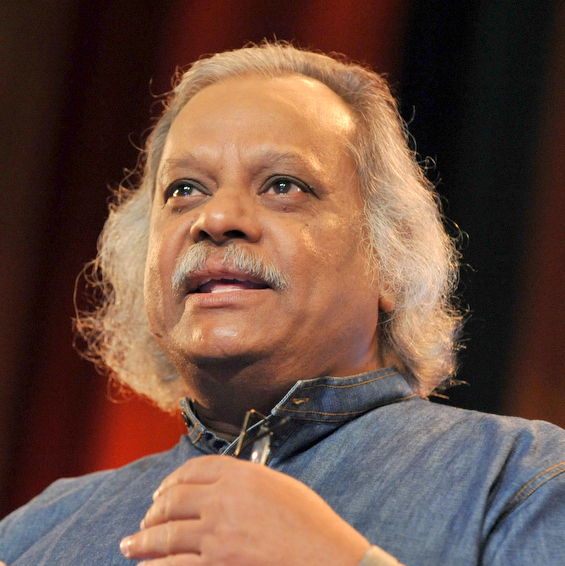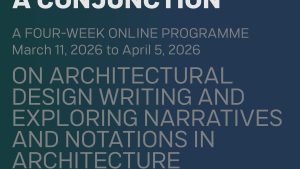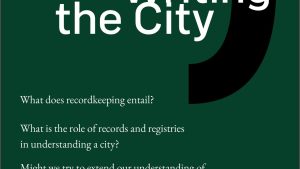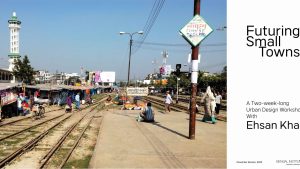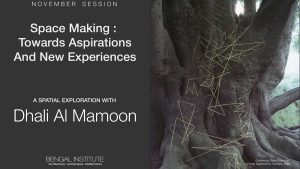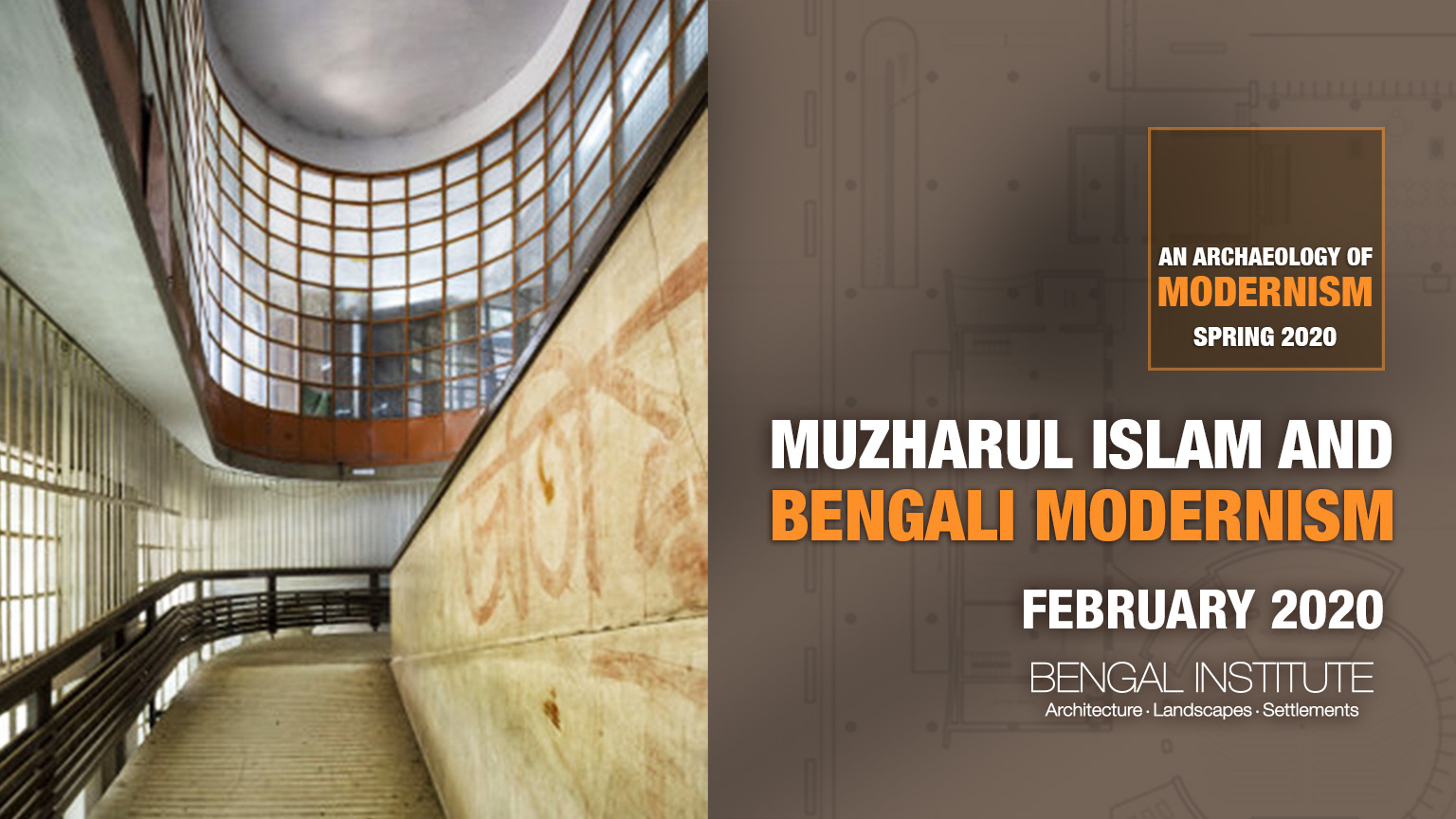
February 2020 Session: Muzharul Islam and Bengali Modernism
Mon 10 Feb - Thu 20 Feb' 20
For the first time an academic session will explore Muzharul Islam’s work, life and philosophies closely as well as covering the historical and cultural background surrounding the time.
Muzharul Islam is the most important and key figure in the evolution of architectural modernism in Bangladesh. An investigation of Muzharul Islam’s position and ideology requires an understanding of the political and social history of Bengal in the 19th century leading to events in then Pakistan in the 1960s. It also requires an analysis of the influences of European modernism on fine-arts and other forms of art and literature on cultural leaders in Kolkata and Dhaka. With much boldness and fortitude, Muzharul Islam established a new path of thinking, designing and building in the nineteen fifties that was an apt response to the social and political situation. There is much to learn from the connections and influences, and the social and political backgrounds that defined Islam’s determined approach and unwavering integrity which in turn produced some of the landmark works of situated modernity. Muzharul Islam’s diverse role as a professional, activist, and intellectual also defined for next generations a broad engagement between architecture and society.
The session will investigate Muzharul Islam’s work closely as well as cover the historical and cultural setting in which they were produced. Participants will have the opportunity to visit some of this works, discuss and analyse them, and produce materials for an upcoming publication.
Tentative List of Faculty:
- Kazi Khaleed Ashraf (Introduction to Muzharul Islam, and analysis of his work and ideology)
- Sonia Amin (Modernity in Bengal: A Social Perspective)
- Farhan S. Karim (Doxiadis and developmental architecture in then East Pakistan)
- Shamsul Wares (Muzharul Islam’s life and work in the context of then East Pakistan)
- Taufique Rahman Khan (The political context of 1947 and early Bangladeshi modernism)
- Nurur Rahman Khan (Muzharul Islam’s personal philosophies and ideologies)
- Saif Ul Haque (Chetana Society activities, and Muzharul Islam’s influence on later architecture of Bangladesh)
- Rezaul Karim Sumon (Novera Ahmed and modern art in Bangladesh)
- Niklaus Graber (Muzharul Islam in an international perspective)
Activities:
-Seminars
-Visit to Muzharul Islam Archives at University of Asia Pacific
-Visits to Muzharul Islam’s projects within and on the outskirts of Dhaka
-Analytical model making and written papers
Application for February Session is now closed.
Eligibility: Open for anyone with a bachelor’s degree or a final-year undergraduate studentship from any discipline to attend (subject to application, selection and payment).
Application Fee: (For new applicants only) ৳300 BDT (~ $4 USD).
Subscription Charge: (Payable after selection) ৳8,000 BDT (~ $95 USD) for February Session separately.
For all three sessions (February, March, April) of Spring Sequence “An Archeology of Modernism” if paid at once: ৳20,000 BDT (~ $235 USD).
Tentative dates: 10th to 20th February, 2020. Two weeks, about eight days of activities.
Time: 17:30 to 19:30. Generally Sunday to Wednesday.
Venue: Gyantapas Abdur Razzaq Bidyapeeth, Dhanmondi 7A.
Call/Text: +8801844050599 / +8801844050707, or write to: [email protected]
Short link to this page for easy sharing: https://bit.ly/BIFeb2020
Certificate on Modernism
You will receive a certificate after completing all three sessions of the Spring 2020 Sequence. This February session is the first part of the Spring 2020 Sequence titled “An Archaeology of Modernism,” explore for more about the whole sequence and the sessions in March and April:
Faculty
Upcoming Program
Current Program
Past Program
Publication
